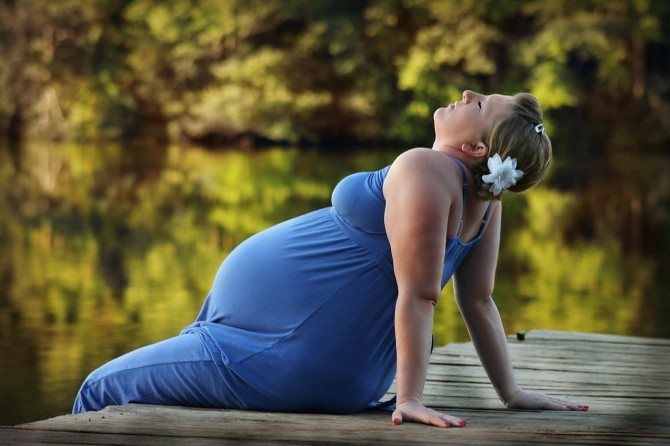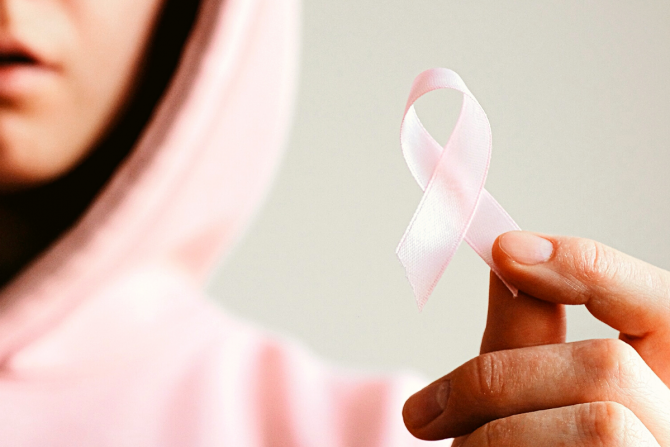Drugs routinely used during fertility treatments to release eggs do not increase the risk of developing breast cancer, new research has shown.
Researchers from King’s College London, in partnership with King’s Fertility, analysed studies involving 1.8 million women undergoing fertility treatments. These women were followed up in studies for an average period of 27 years and had no increase in the risk of developing breast cancer.
The research, published in Fertility and Sterility journal, is the largest study to date assessing whether commonly used fertility drugs are for a cancer risk for women.
Fertility treatments can range from using medications to boost the release of an egg in a women’s natural cycle to more complex treatment such as IVF which involves stimulating a patient’s ovarian cycle, extracting eggs from their ovaries, fertilising them with sperm in a laboratory, then transferring the embryo into the womb to develop.
Fertility drugs to stimulate ovaries to release eggs have been used to treat infertility since the early 1960s. Drugs that are used to stimulate the ovaries increase oestrogen hormone production and can act on breast cells. There has been concern that this could turn the cells cancerous, which has led to an uncertainty about the potential risk of infertility drugs causing breast cancer.
The review looked at studies from 1990 to January 2020. Women of all reproductive ages were included in this study and followed up for an average of 27 years following their fertility treatment. ‘Researchers found no significant increase in risk to women exposed to treatment versus untreated women, and untreated women who were infertile.
Study author Dr Yusuf Beebeejaun from King’s College London and King’s Fertility said: “Fertility treatment can be an emotional experience. Patients often ask us if taking ovarian stimulating drugs will put them at increased risk of developing cancers, including breast cancer. To answer that important clinical question, we undertook this review that reports data from nearly 2 million people.”
Dr Sesh Sunkara, senior-author of the paper, from King’s College London and King’s Fertility said ”Our study showed that the use of drugs to stimulate ovaries in fertility treatment did not put women at increased risk of breast cancer. This study provides the evidence needed to reassure women and couples seeking fertility treatments.”
Katy Lindemann, a patient advocate with lived experience of fertility treatment said: “So much of the fear, stress and anxiety associated with fertility treatment is rooted in navigating uncertainty. This study not only gives patients peace of mind at an emotional level, but also enables us to make more informed decisions about treatment risks and benefits at a rational level.”
Dr Kotryna Temcinaite, Senior Research Communications Manager at Breast Cancer Now, said: “Each year around 55,000 UK women get the terrible news that they have breast cancer. We urgently need to learn more about what factors contribute to someone’s risk of developing the disease and stop women dying from breast cancer.
“Previously it was unclear whether fertility drugs affect breast cancer risk, and we do receive calls to our Helpline from women who are concerned that their breast cancer has been caused by fertility treatment. While this analysis of existing published studies does provide welcome reassurance that fertility treatment is unlikely to increase breast cancer risk, further long-term and detailed studies are now needed to confirm these findings.
Read more: https://www.fertstert.org/article/S0015-0282(21)00077-7/fulltext


